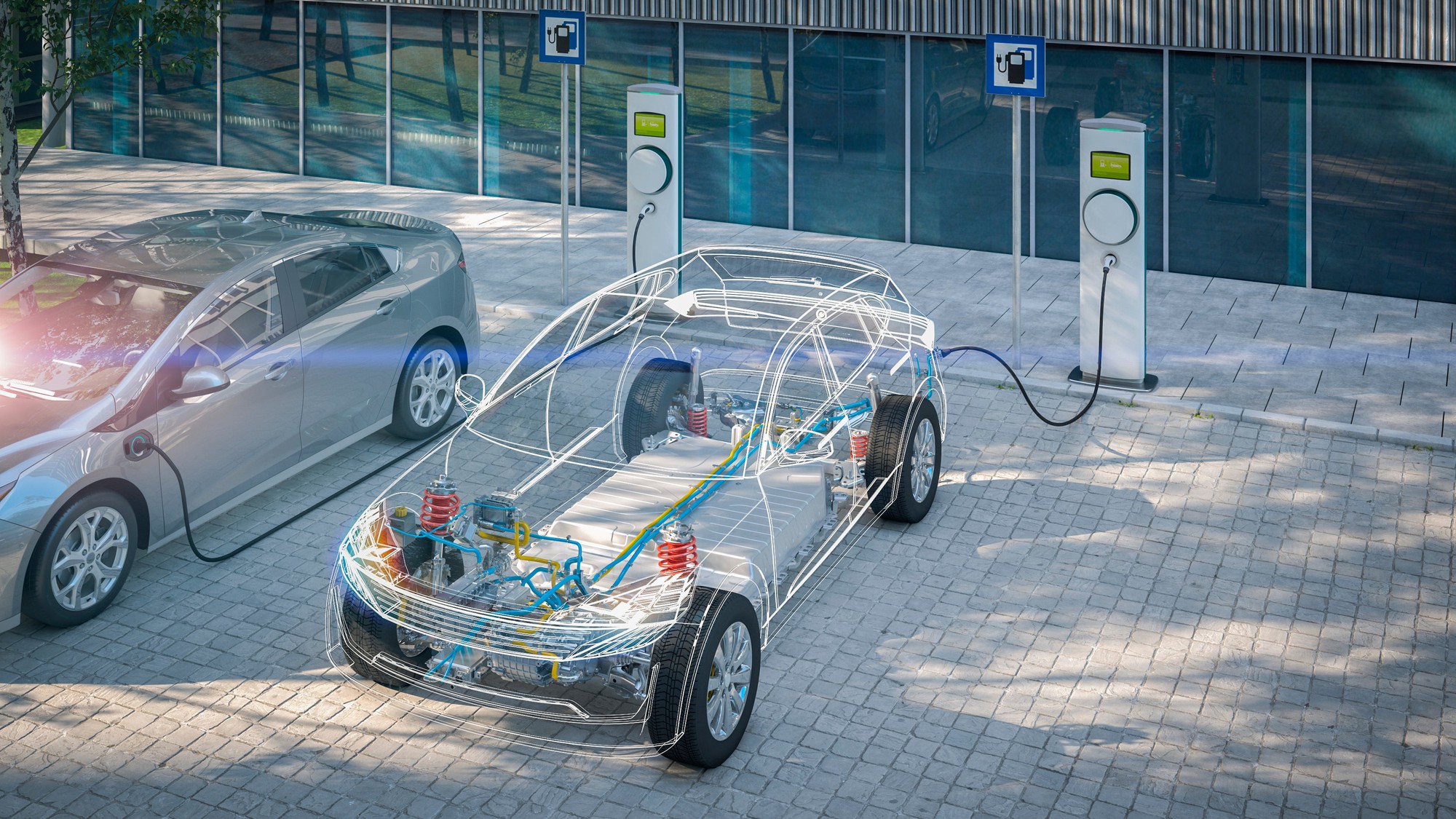Good to know: Electric Car Battery Health
The global electric vehicle movement is accelerating. Simply put, electric vehicles are more accessible, affordable and attractive than ever before. And much of this progress can be attributed to the development of electric vehicle batteries. Just like the batteries in your phone, tablet and laptop, electric vehicle battery cells are more resilient than you might think. Plus, with proper care, you can extend the life expectancy of your EV battery far into the future.
In fact, charging your battery does have an effect on the battery life of your vehicle. Batteries are designed not to die fully, but slowly lose charging capacity over time. This depletion happens gradually with many reporting the loss of a few percentage points over the several years. Another major battery performance limitation is regenerative braking in cold conditions. Electric vehicles have the advantage of using the heat (kinetic energy) gained during braking to help power the battery. In cold weather, however, regenerative braking can be compromised. Depending on the external temperature and, more importantly, on the battery temperature, the amount of energy that can be regenerated is reduced. If you have a short drive in a cold climate, which does not give the battery enough warm-up time, you may experience poor battery performance.
However there are some best practices that you can do to extend the life of your electric car battery.
If you have a heated garage then that's fine. If possible, keeping your car plugged in is good. Autel's AC MaxiCharger has a healthy charging mode to prevent overcharging and increase battery safety, and the EV itself will have on-board electronic protection, so you can rest assured that it will stay plugged in. The electric vehicle will use a small amount of power to keep the battery warm. This way, when you're ready to go, you won't experience a potential loss of energy by heating the battery. Many cars come with something called 'pre-conditioning'. You can set your departure time in the car's app, and for a short time before you leave, the car will electrically heat the interior to the desired temperature. This way, you don't need to start from cold on the road and the electricity you pull in comes from the grid, not your electric car battery. Driving in the best possible way can also be an important thing for battery life. This includes avoiding rapid acceleration and braking.
Finally, leaving your EV parked for too long with a full (or empty) battery can also cause battery degradation. To avoid this, if you are going to spend a significant amount of time away from your vehicle, it is recommended that you leave it fully charged to between 25% and 75%. There are smart charging stations that can help you do this and ensure that your battery does not exceed these limits.



